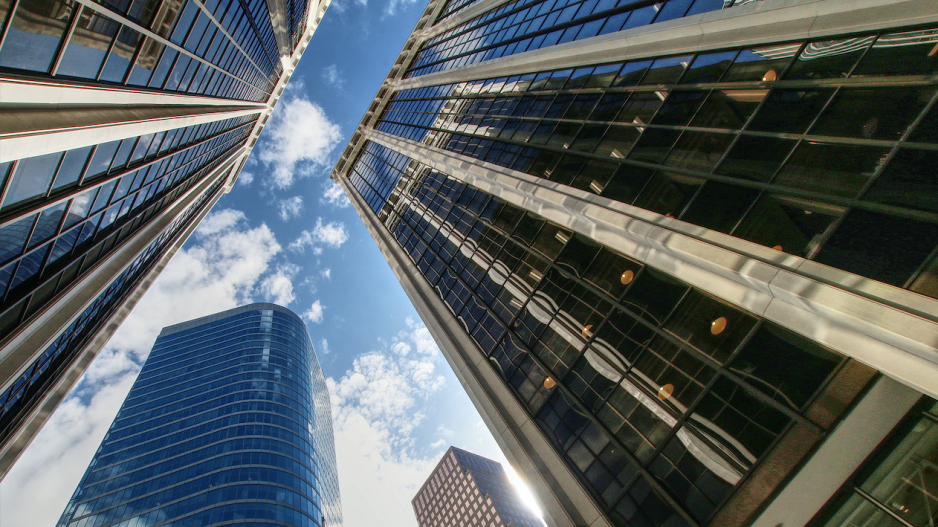Access to Metro Vancouver commercial real estate remains solid amid an atmosphere of rising borrowing costs and high inflation that’s holding back demand somewhat, according to a new report from Re/Max Canada.
The industrial asset class is leading the way for commercial real estate in the region, said the company’s June 1 commercial real estate report.
There is roughly 7.5 million square feet of industrial space currently under construction throughout Metro Vancouver, said Re/Max Canada executive vice-president Elton Ash.
“In the Surrey-Burnaby area, some portion of that is now stratified. So businesses can own their space and that's coming in around $700 per square foot in prime areas. And so with that the supply is improving, but it takes time,” he said
The report found the vacancy rate for the industrial sector remains below one per cent. Demand remains strong across the region with the tightest conditions in Richmond, Delta, Burnaby and Langley. Lease rates have risen by double digits – almost 20 per cent year-over-year – to $22 per square foot on average.
The purchase of two industrial properties by real estate investment trust (REIT) Crestpoint Real Estate Investments early this year is said to signal that REITs are slowly returning to the market. The Crespoint purchased six buildings totalling 190,000 square feet in Burnaby as well as the 428,000-square-foot Coaster Heights Distribution Centre in Surrey’s Campbell Heights Industrial Park.
While the industrial asset class is described as the top performer in Metro Vancouver, the retail market also remains steady with foot traffic increasing in retail nodes, Ash said.
He cited Westbank’s Oakridge Mall redevelopment as an example of how malls are becoming more multipurpose by transitioning from retail-only to mixed-use sites.
“You’ve got a 574,000-square-foot shopping centre, 28 acres and 6000 housing units in that mix. You then build in your own market for that and from a retail point of view that's really exciting,” he said.
Retail space is in high demand for shopping areas such as West Fourth Avenue, Alberni Street, West Georgia Street and Robson Avenue, in addition to neighbourhoods such as Yaletown, Gastown and False Creek. Supply remains low in all these areas, the report said.
Meanwhile, availability in the office markets has increased to 10.9 per cent, according to real estate consultant Altus Group. Lease rates in downtown Vancouver fall around $40 per square foot with suburbs having an average lease rate of $25 per square foot.
The report highlights that some corporate offices downtown are choosing to reduce space or move to the suburbs to save costs.
“When you compare [Vancouver] to Toronto, the downtown core is much more vibrant. That’s because of the residential component and the way that the city has developed over the years to be more green-oriented. So that has tempered the issue somewhat around office space, but all businesses are facing the same whether it's downtown high-rise offices or Surrey-Burnaby with suburban, lower density office space,” Ash said.




